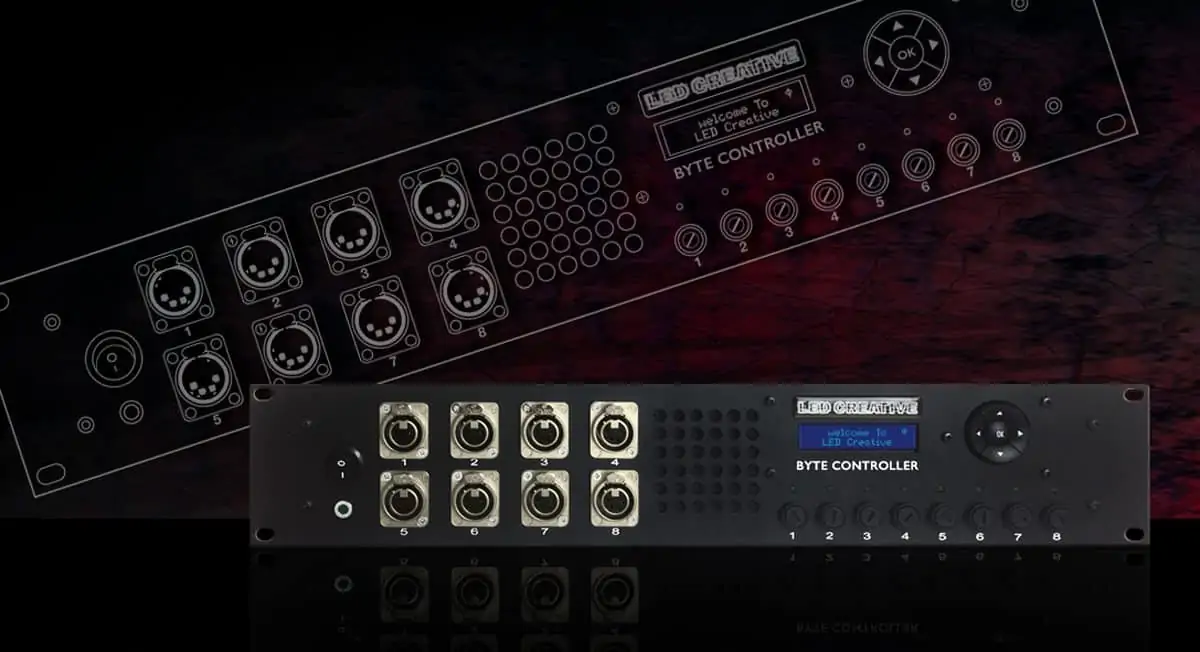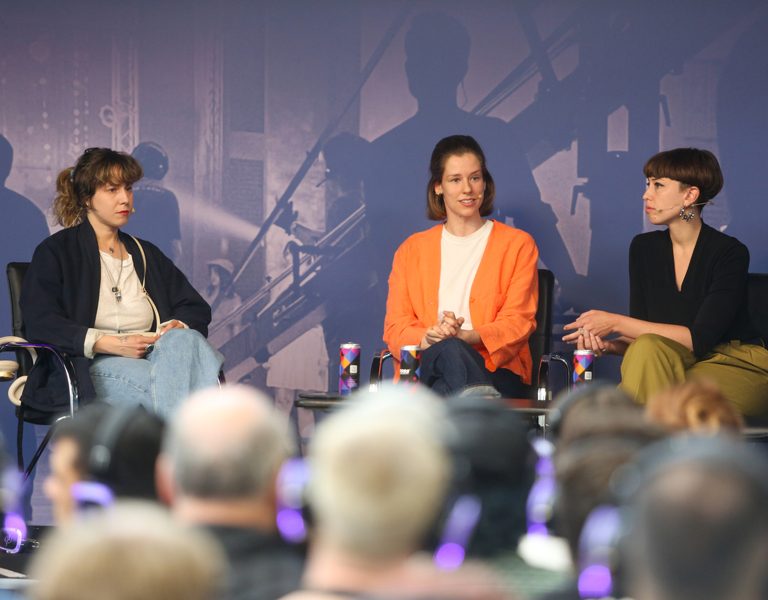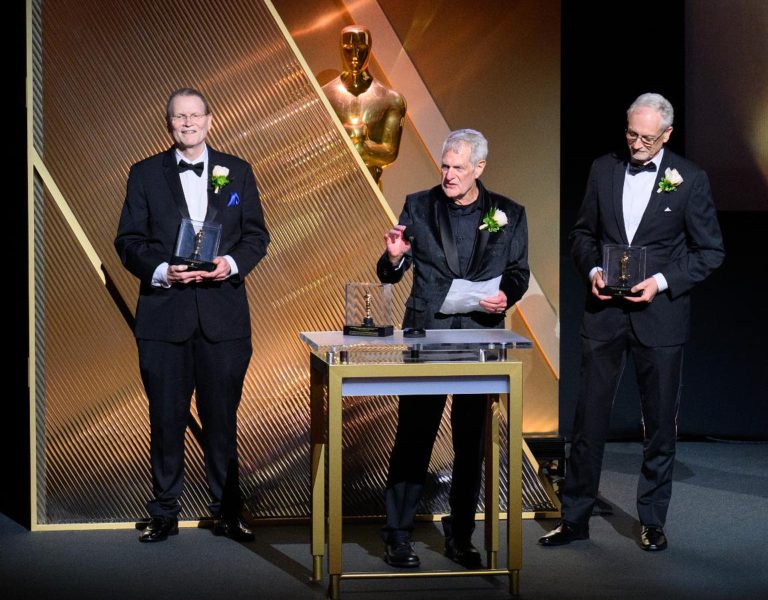
Digital image solutions provider for commercials, movies and TV shows, DITBrazil, is relying on Dejero for connectivity in a new virtual workflow that streamlines the creative process for cinematic and commercial productions.
Dejero EnGo and GateWay solutions have enabled uninterrupted real-time streaming of high-quality video and data directly from film and commercial sets across Brazil to disparate creative teams, enabling instant remote collaboration.
In locations where network connectivity can be challenging and unreliable, such as the countryside, beaches, mountains and crowded cities, DITBrazil uses Dejero EnGo mobile transmitters and GateWay network aggregation devices, supplied by Dejero’s local partner Planatel, to share live camera feeds from set with remote collaborators dispersed across the country. This new streamlined workflow also utilizes Dejero connectivity solutions to quickly transfer large files from set directly to post production, eliminating the need to physically transport hard drives.
Recent projects that implemented this new virtual workflow to streamline production processes include Toyota, Honda, Nubank and Heinz commercials, as well as the stunning music video “Pandeiro Mix Tropical”, which was produced for Devassa, a brand of Brazilian beer.
“With Dejero and Planatel, we have successfully executed great projects leveraging proven technology, and are unlocking new possibilities,” said Felipe Delgado, founder of DITBrazil. “We are always seeking to adapt to the most diverse requirements of our clients. When the pandemic hit and travel was restricted, we tried this new workflow, with Dejero as the connectivity backbone. It ensured our customers’ creative teams could collaborate remotely with the production teams on set in real-time to provide efficient direction and feedback, as well as speeding up the post-production process. Now we have adopted this workflow ‘as the norm’ because it reduces our clients’ resources, time and cost by at least 20 per cent.”
Using Dejero’s award winning Smart Blending Technology, EnGo transmits the live camera feeds from the set by aggregating all available IP networks and dynamically managing the fluctuating bandwidth, packet loss, and latency differences of individual connections in real-time. After encoding the video, which can include shots from moving vehicles and cranes, the EnGo sends it to a Dejero Cloud server over a mix of cellular and/or satellite connections. It is then distributed to a private YouTube channel where remote creatives can view exactly what is being captured on set. The Cloud Server simplifies the complex task of publishing live or recorded video streams in multiple formats to the web and mobile devices. With this virtual workflow, DOPs, directors, editors and agencies can provide instantaneous feedback on the creative and technical aspects, including positioning, camera focus, lighting, and costumes to the production team on location.
DITBrazil uses Dejero EnGo mobile transmitters fitted with SIMs from multiple local cellular network carriers such as Vivo and Claro, including 4G and LTE networks. In some locations, the EnGo can blend all these networks with a Ku-Band satellite connection for additional bandwidth. A Dejero GateWay 211 network aggregation solution, equipped with multiple cellular modems, is also frequently installed in a production truck or tent on set. GateWay delivers resilient wireless internet connectivity for media production applications — boosting existing on-location infrastructure.
“The cinematography industry in Brazil is growing rapidly, but the country’s connectivity infrastructure isn’t moving at the same pace,” said Alex Martins Alves, commercial director at Planatel. “It’s solutions like Dejero that can help us overcome the restrictions of the current infrastructure and make a huge impact on the creative collaboration process.”
“This type of technology is revolutionary for the film, TV and commercial production industry, allowing us to take things to the next level in terms of where our clients can film, at what cost, and the reliability and speeds at which they can transfer video and data over a mix of cellular and satellite,” concluded Alves.












